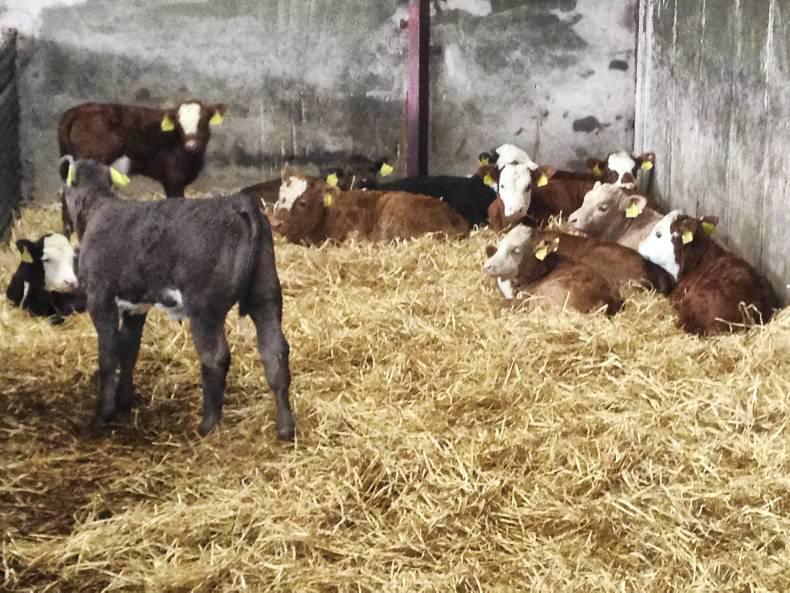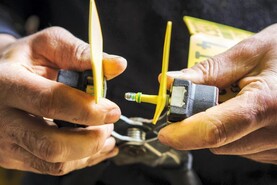As reported last week, the Ulster Farmers’ Union has suggested to the LMC that farmers who retain calves persistently infected (PI) with bovine viral diarrhoea (BVD) should be excluded from the NI beef and lamb Farm Quality Assurance Scheme (FQAS).
It is understood that approximately 650 herds in FQAS have retained PI calves and, in total, these herds account for over 130,000 cattle. Given the penalties that apply at most meat plants for non-FQAS animals, excluding herds from FQAS until the PI is removed should help to encourage those producers to take some positive action.
The problem is that it is not a long-term solution, as not all herds are farm-assured, and the LMC has little say over the Red Tractor assurance scheme that operates on local dairy farms. As a result, something else must be done.
In the Republic of Ireland, BVD tissue tagging has been compulsory since 2013. It is on course to be declared BVD-free by 2020. To achieve that, the authorities offered compensation for removal of infected calves. But in more recent times, they realised that to get rid of the last remaining calves, other actions were required, including movement restrictions on herds, and (perhaps most effective) “name and shame” letters sent to neighbours of those retaining PIs. Recent figures show that only 0.1% of calves are PI and only 14 herds have retained PI calves for more than five weeks after a positive test.
To date, DAERA has been unwilling or unable to do something similar in NI.
Looking at our figures, our PI rate in 2017 (0.68%) is little changed from 2016, so progress has been minimal to date.
However, the financial incentive that was put in place this year encouraged more farmers to remove PI calves, and that should help contribute to lower PI rates in 2018.
But if we don’t seriously look at other measures, BVD, with associated tagging, testing and vaccination costs, is just going to run and run.






 This is a subscriber-only article
This is a subscriber-only article









SHARING OPTIONS: